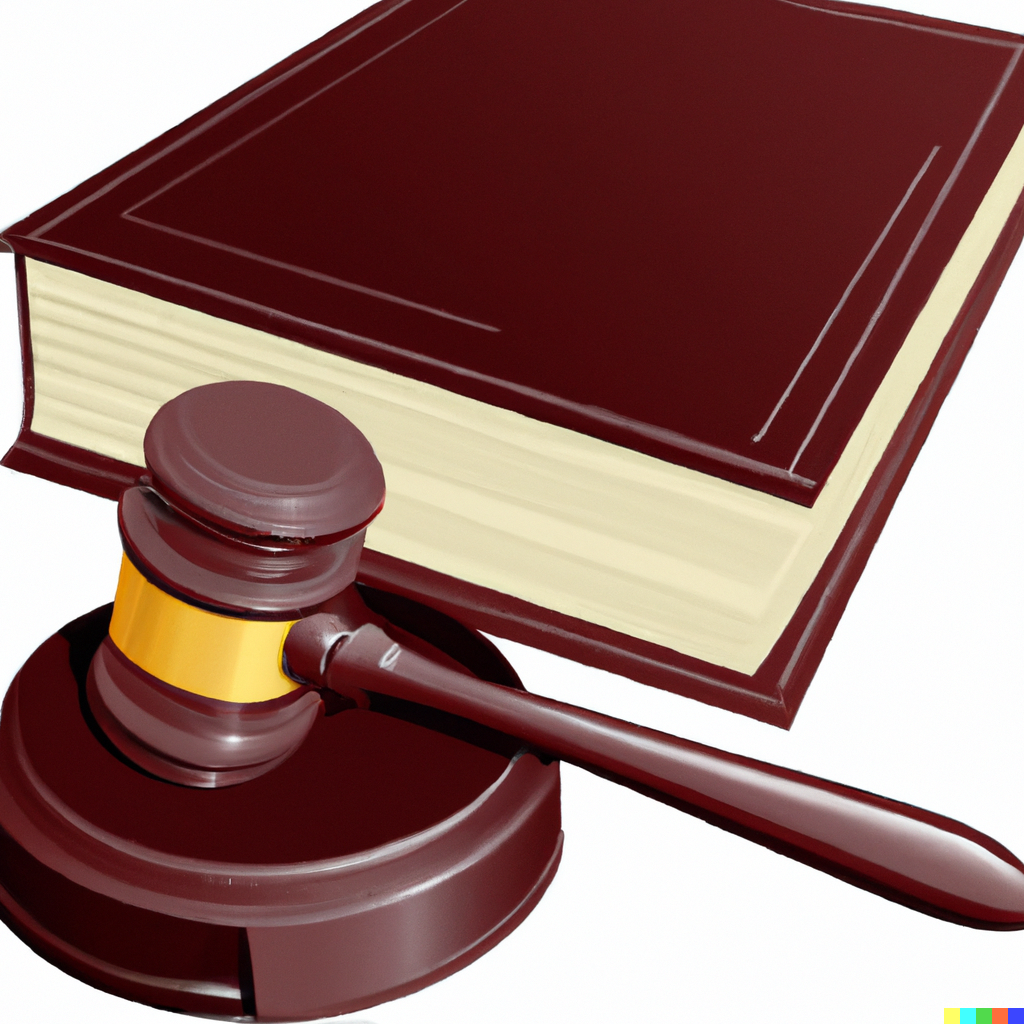Introduction
In the labyrinthine world of courtroom proceedings, objections function as the crucial signposts that guide the path to justice. By calling out procedural errors and potential violations of the rules of evidence, objections safeguard the fairness and integrity of trials. This article will dissect some of the most common objections raised during trials, namely: hearsay, relevance, leading the witness, speculation, and argumentative objections. By understanding these critical interventions, legal practitioners can master the art of using, and responding to, courtroom objections effectively.
The Hearsay Objection
A hearsay objection arises when an out-of-court statement, not uttered by the witness currently testifying, is presented as evidence to prove the truth of that statement’s content. This objection stems from the legal presumption that hearsay evidence is inherently unreliable and potentially prejudicial.
Dealing with a hearsay objection requires a deep understanding of its exceptions. Not all out-of-court statements are excluded as hearsay; a keen knowledge of these exclusions can allow attorneys to wield this objection, or parry it effectively.
The Relevance Objection
A relevance objection surfaces when the attorney argues that the evidence presented doesn’t directly connect to or influence the case. Such evidence is considered irrelevant and shouldn’t influence the jury’s decision-making process.
An effective response to a relevance objection involves demonstrating how the evidence in question relates to the case’s facts. The evidence’s probative value – its power to prove something significant in the case – should outweigh any potential prejudicial impact.
The Leading the Witness Objection
A leading objection comes into play when the opposing attorney frames a question in a way that suggests the desired answer. This kind of questioning can skew the witness’s testimony, thus undermining the trial’s fairness.
To counter a leading objection, attorneys should strive to frame their questions neutrally, allowing witnesses to provide uninfluenced and accurate testimonies. If a leading objection is raised, it’s critical to rephrase the question in a more open-ended and neutral manner.
The Speculation Objection
A speculation objection is used when a witness makes statements about matters they do not have direct knowledge of. Such conjectural testimony can muddy the factual waters and lead to an unfair trial.
A robust defense against the speculation objection involves demonstrating that the question is grounded in the witness’s personal knowledge or observable facts, and not conjecture or assumption.
The Argumentative Objection
An argumentative objection is used when an attorney seems to be using their questions not merely to elicit information but to argue their case or antagonize the witness.
Overcoming an argumentative objection involves focusing on factual information and avoiding contentious or inflammatory questioning. Ensuring questions are fair, objective, and aimed at obtaining relevant information can help ward off this objection.
Conclusion
Understanding these common courtroom objections and mastering the art of responding to them is essential for legal practitioners. Doing so not only facilitates smoother trial proceedings but also enhances the attorney’s ability to provide effective advocacy. By successfully navigating the objection maze, attorneys can ensure that justice is both sought and served in the hallowed halls of the courtroom.
